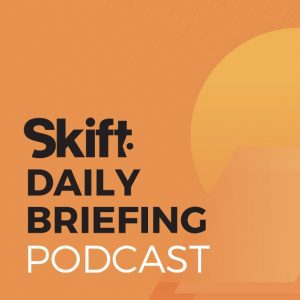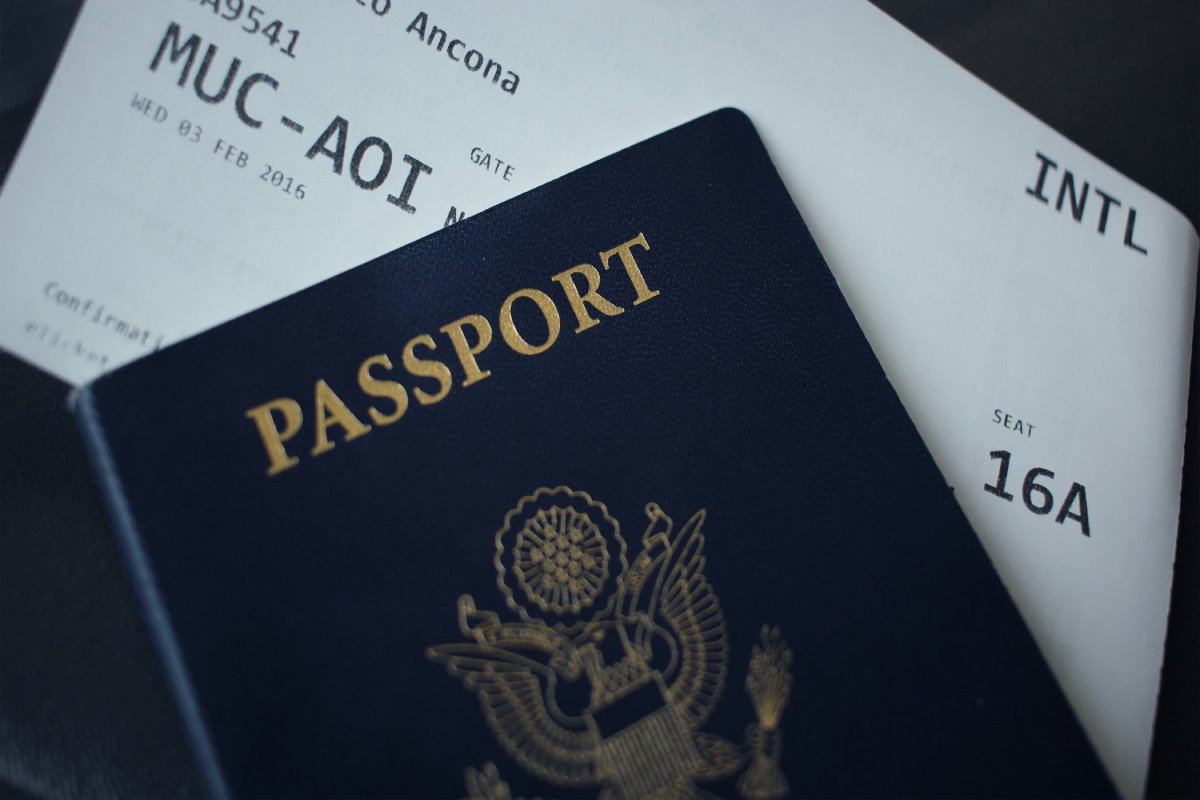Daily Podcast: An Unhealthy Cruise Dependency
Skift Take

Skift Daily Briefing Podcast
Listen to the day’s top travel stories in under four minutes every weekday.Today's edition of Skift's daily podcast discusses why travel agents need to drop their dependence on selling cruises, the ongoing pilot shortage in the U.S. and beyond, and Canada tourism's innovative travel loyalty play.
Listen
Subscribe
Episode Notes
Here’s what you need to know about the business of travel today.
Many travel advisors viewed the surge in cruise bookings last year as a significant sign that cruises were making a major comeback as large numbers of vaccinated travelers were eager to hop on the ships that sat listless in ports during the pandemic, writes editorial assistant Rashaad Jorden.
But recent Covid outbreaks linked to cruises prompted the CDC last month to issue a warning for all travelers, regardless of vaccination status, to avoid traveling by cruise ship. That warning has been a driving factor in travel advisors booking much fewer of those enormously lucrative trips despite several agencies' valiant attempts to convince travelers that cruises are safe.
It's also forced travel advisors to focus on avenues other than cruises for sales. Those avenues are on land, not the sea.
Joshua Bush, CEO of Pennsylvania-based Avenue Two Travel, said his total cruise sales dropped 28 percent since the release of the CDC's statement, but the company is anticipating that this month it will see non-cruise sales 20 to 25 percent higher than January 2020.
Next, we look at the airlines’ beleaguered recovery. The virus has upended the fragile talent pipeline for many of the critical jobs that make the airline industry go, not least that of pilots, writes airlines reporter Edward Russell.
The pilot shortages for regional service is a significant impediment to the airlines. Delta Air Lines has reduced regional flying by 20-25 percent from planned levels during the first half of 2022 as a result. United Airlines has been forced to park more than 100 small jets, end service to at least eight destinations, and suspend multiple routes due to the shortage with the airline informing many airports that it may not return until 2023. And American Airlines, while its schedule appears less impaired, has confirmed that it too faces challenges hiring pilots at its wholly-owned regional affiliates.
Finally, we end with one destination breaking new ground with a loyalty partnership. Destination Canada in September used its funds to help pay for a program letting U.S. travelers that have elite status with U.S. carriers, such as American Airlines and Delta Air Lines, receive matching status on Air Canada during a promotional period.
Senior Travel Tech Editor Sean O’Neill reports that the program intended to encourage frequent flyers to make more trips to Canada by tempting them with elite perks on Air Canada. The promotion, claimed as a first by a destination marketing organization, stopped accepting new applicants at the end of December.
The organizers said it was too early to know full results but they say they are happy so far. There has been "a great uptake" out of the nearly 20,000 travelers who had the opportunity to sign up. To retain elite status for the full year, customers had to book and fly one round trip with Air Canada by January 15, and many did.









